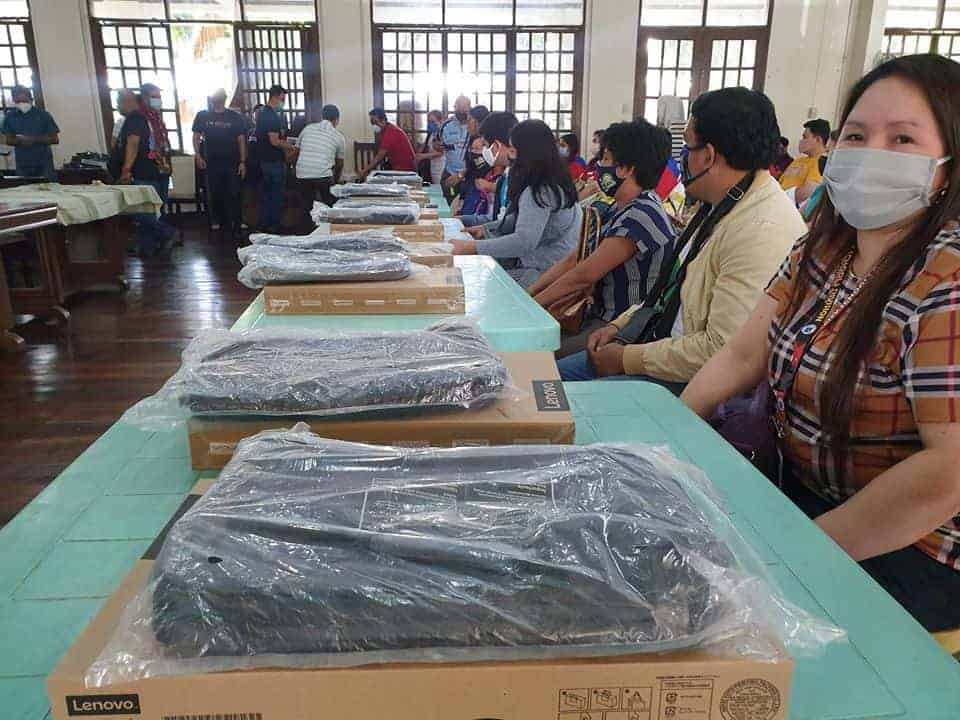The procurement process for public school textbooks in the Philippines has been plagued by delays, with the actual timeline stretching from three to five years instead of the intended six months. These delays occur because the textbooks need to undergo multiple revisions until they meet the required educational standards set by the Department of Education (DepEd).
Kevin Ansel Dy, the head of the Policy and Industry Research Division of the National Book Development Board (NBDB), highlighted that manuscript revision is the most time-consuming part of the process. The initially approved manuscripts often need to catch up to the education standards, resulting in several rounds of revisions before they are deemed acceptable.
Related: Achieving Work-Life Balance: 10 Comprehensive Guide for Full-Time Filipino Moms
This repeated and prolonged revision process significantly burdens the DepEd and bidding publishers in terms of time, human resources, and finances. Dy emphasized these challenges during a meeting of the Second Congressional Commission on Education (Edcom II), which aims to assess and evaluate the education sector’s performance comprehensively.

The NBDB collaborates with the DepEd to implement rules and regulations that ensure the quality of books produced by the publishing industry. However, the textbook development process encounters further obstacles, including the failure of bidding due to limited qualified suppliers and low participation from prospective bidders. Some bidders need to meet the technical requirements for procurement, while others experience late deliveries caused by uncontrollable market forces that impact the availability of supplies.
Dy pointed out that the need for encouragement for participation and competition within existing policies contributes to low-quality materials. The implementing rules and regulations for Republic Act No. 8047 support a “multiple textbook policy,” which promotes the adoption of different textbooks and instructional materials to foster a free flow of information and deregulation of book publishing.
To address the challenges, Sen. Sherwin Gatchalian, co-chair of Edcom II, proposed a shift to preselection, where public schools would choose from a preexisting set of published books. This approach has been successful in private schools and could expedite the procurement process. Jaymer Bareng, the procurement management officer of the Government Procurement Policy Board, expressed openness to studying the Manual of Procedures for the Procurement of Manuscripts for Textbooks and Teacher’s Manuals, which serves as DepEd’s guide.
Efforts are being made to tackle the issues of procurement, with a focus on reducing collusion and favoritism and encouraging broader participation of smaller publishers in the bidding process. The goal is to streamline the procurement of textbooks and ensure the timely availability of high-quality educational materials for public school students across the Philippines.
Read more: From 4Ps Beneficiary to Licensed Engineer: Shemiah Pineda’s Inspiring Journey


